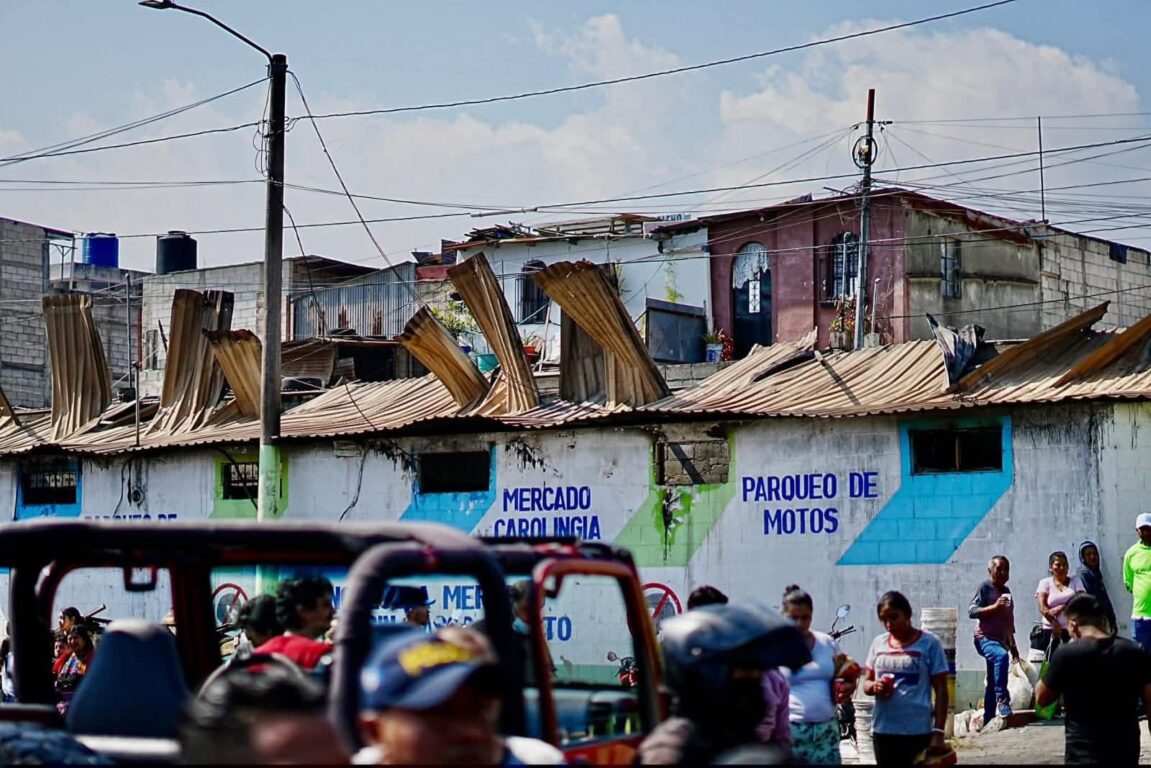9 June 2008
By Cheche Selepe, World Class Cities for All Campaign Media Officer
The deaths of two out of the 126 hawkers, including immigrants, evicted by the city of Joburg from the legally demarcated trading areas in central town is but just a drop in the ocean of what happens to poor evicted people.
Even without medical evidence on the causes of their deaths, the fact that they were both poor and were evicted from their trading stalls two months ago makes it hard to believe that the causes are unrelated.
`Since the evictions she would walk from one hawker to the next asking for transport fare to get back to her shack in impoverished Kliptown-Soweto,` says a traumatised hawker, adding that: `If she could not afford transport fare, what about food.`
Well, like the majority of poor people, Motshedisi Mogwesa left her home town in Matatiele in the Eastern Cape for a better life in the `city of gold`.
She survived peddling fruits, sweets and vegies on a city of Joburg demarcated trading pavement down-town Jeppe Street.
Her late colleague used to repair shoes on a demarcated trading pavement on Jeppe Street until their dreams for a better living were shattered by the city of Joburg on March 8, this year, and now they lie dead, their dreams unfulfilled.
It was on this fateful day that the city of Joburg impounded stalls it built for the hawkers at tax-payers expense deeming them undesirable, cause for crime, obscure the unmanned CCV cameras and lots more excuses.
The city did not just remove the stalls, but it enlisted the services of the notorious Red-ants to remove poor Motshedisi and the rest of others including an HIV positive single-mother of four.
Feeling a sense of guilt for evicting poor people who never defaulted on paying rent in legally demarcated trading spaces, the bureaucrats on Loveday Street, Braamfontein, sought an alternative for their victims.
The breadwinners including the dead two were relocated to the shameful Bree Street taxi rank inside a building that failed dismally to be a fresh produce market.
Motshedisi was elected member of a committee to talk to the municipality on the matter, holding two meetings with the CEO of the state owned Metro Trading Company`s Alfred Sam demanding return to the pavements.
At one meeting an HIV-positive woman painfully cried loud, begging Sam to return her to the pavement because her health demands that she eats fruits everyday.
All Sam could do was to admit the injustices meted against poor Motshedisi and others promising to resolve the crisis by mid-May. Even today he is still resolving the matter. He was short of also conceding to the popular fear that the city is planning to ban all street trading in Joburg and replace it with the often expensive linear market.
Most hawkers believe that the deaths cannot be divorced from the frustrations caused by broken promises and the increasing poverty they and the dead had to endure daily.
The hawkers committee shall meet the MTC today at eleven and then address the public at twelve (12h00) today.
Bree Street Taxi Rank/Mall.
At the MTC offices.
Nothing for us without us!
No relocation without alternatives!
Negotiations and social dialogue!
Contact details:
Hawker Jeff
082 594 9997
The World Class Cities for All campaign
Media Officer
Cheche Selepe
073 864 5424


